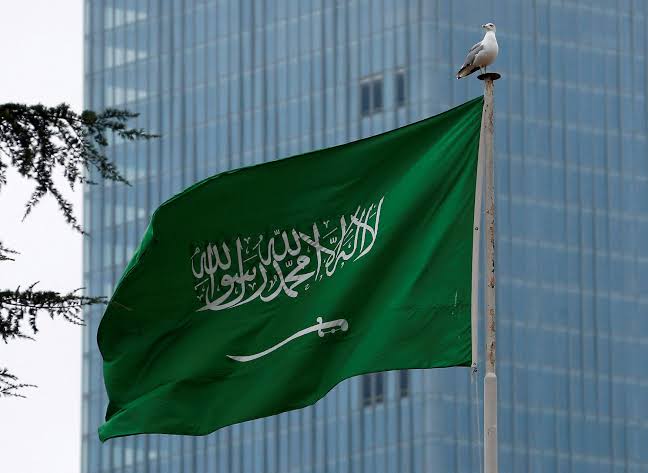
Saudi Arabia’s $800m Developmental Project and Africa’s Economy, by Zekeri Idakwo
Saudi Arabia is indeed one of the richest countries in the world due to its oil wealth and comparative advantage in the area of tourism. And given its proximity to Africa where it has agelong deplomatic ties, it has the potential to play a significant role in supporting economic development in the continent.
As part of efforts to cement its place in the scheme of things in Africa, Saudi Arabia has recently earmarked $800 million for development projects across Africa and Asia. This was made known during the United Nations Conference on the Least Developed Countries in the Qatari capital of Doha.
During his speech, the economic minister, Faisal bin Fadel Al-Ibrahim, said that “the Kingdom would continue to work with international partners to realise Saudi’s Vision 2030 Agenda for Sustainable Development.”
These are a set of 17 objectives set by the UN to improve health and education, reduce inequality, spur economic growth, and reduce the effects of climate change on developing countries.
“Despite the developmental and social progress achieved over the last 50 years, fundamental challenges faced by Least Developed Countries remain and have become more complex and urgent,” he added.
According to data provided by the Electronic Platform for Saudi International Aid, Saudi Arabia has donated an estimated sum of $33billion in global aid in the past 10 years, which was inaugurated by King Salman bin Abdulaziz at the opening of the Kingdom’s first International Humanitarian Forum.
The King Salman Humanitarian Aid and Relief Centre has also continued its efforts in implementing the charity programmes in three African countries, including Nigeria.
ECONOMIC CONFIDENTIAL reports that more than 2,600 people have so far received 16 tons of food items in the war zone of Khartoum in Sudan.
King Salmon Relief Clinics have equally continued rendering humanitarian assistance to Syrian refugees and the host community in Akkar, Lebanon. In July alone, about 8,700 healthcare services were provided to 3,684 patients.
In Nigeria, the foundation recently launched a medical project to secure open-heart surgery for adults, with the participation of 20 volunteers, in collaboration with the Muslim World League.
The volunteer team has successfully performed more than four complex open-heart surgeries since the commencement of the campaign last week.
Even though the developmental blueprint did not specify the exact projects the money would be spent on, there are still other areas, for the sake of emphasis, that Saudi Arabia can intervene in Africa. These include; investing in infrastructural projects, like roads, bridges, and airports. It can also invest in energy projects, like solar power, to help African countries become more energy independent.
In addition, Saudi Arabia can help Africa’s economy by supporting trade and investment. The African Continental Free Trade Area (AfCFTA) is a major initiative that aims to boost trade and economic integration among African countries. Saudi Arabia can help to promote this initiative and encourage its businesses to invest in Africa.
Similarly, the Kingdom can make a big difference in the area of education. Saudi Arabia has some of the best universities in the Middle East, and it can help to establish partnerships with African universities and train African students. It can also help to establish vocational training programmes to prepare people for the job market.
More importantly, the country can make a difference in the area of healthcare. The country has some of the best healthcare facilities in the region, and it can partner with African countries to improve healthcare infrastructure and provide better access to health care. It can also help to train African healthcare professionals and provide scholarships for students to study medicine in Saudi Arabia.
Saudi Arabia and Africa have a lot to offer each other in terms of cultural exchange and tourism. For example, Saudi Arabia can help to promote and preserve African cultural heritage, and to develop tourism infrastructure and services. Meanwhile, African countries can also promote their unique cultural and historical sites to Saudi tourists.
From what we have seen and heard so far, it is obvious that the Kingdom of Saudi Arabia and Africa still have a lot of untapped potential through which they can benefit from each other. The new drive towards making this dream a reality is really encouraging. These indeed are interesting times.
